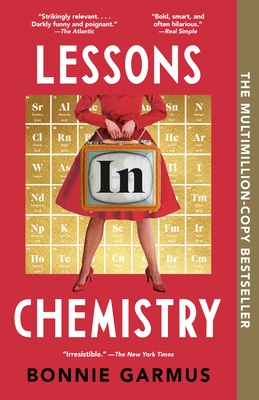The New Rules of Running: Five Steps to Run Faster and Longer for Life
The New Rules of Running is the ultimate guide to injury-free running and racing, from renowned sports medicine specialist Vijay Vad. Whether you're learning to run, trying to lower your Personal Record, recovering from injury, or just getting in shape, The New Rules of Running will make you a faster, healthier runner. The only book on running authored by a sports medicine specialist, this informative guide offers: A primer on running's most common injuries, emphasizing prevention and recovery, to get you through the grueling training months unscathed and essential strengthening exercises, stretches, nutrition, and hydration tips. Also included are training schedules designed by coach and 2-time NYC Marathon Champion Tom Fleming. This description may be from another edition of this product.
Format:Paperback
Language:English
ISBN:1583335382
ISBN13:9781583335383
Release Date:April 2014
Publisher:Avery Publishing Group
Length:272 Pages
Weight:1.04 lbs.
Dimensions:0.6" x 7.3" x 9.3"
Age Range:18 years and up
Grade Range:Postsecondary and higher
Customer Reviews
1 customer rating | 1 review
There are currently no reviews. Be the first to review this work.




















